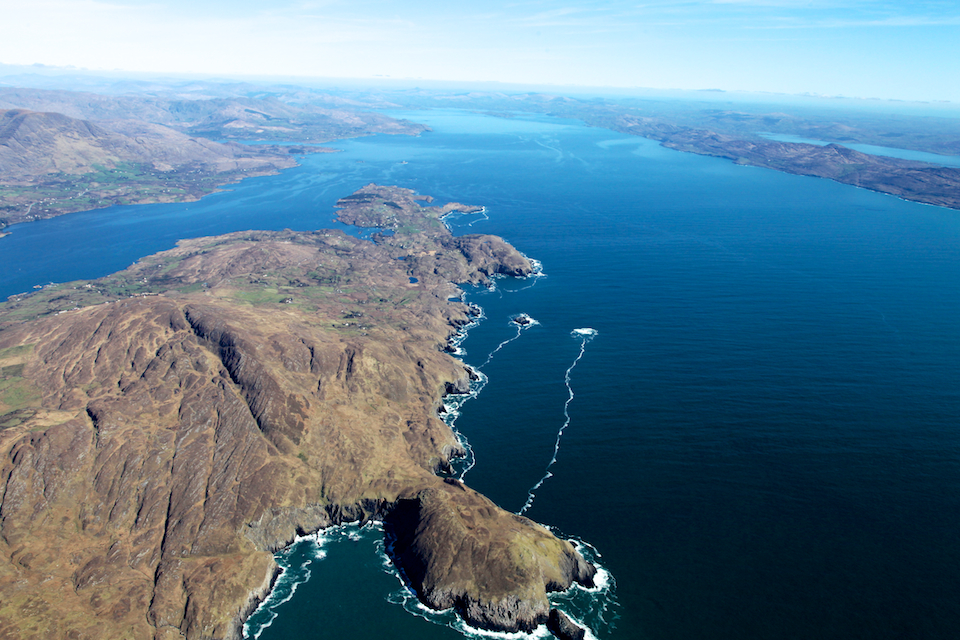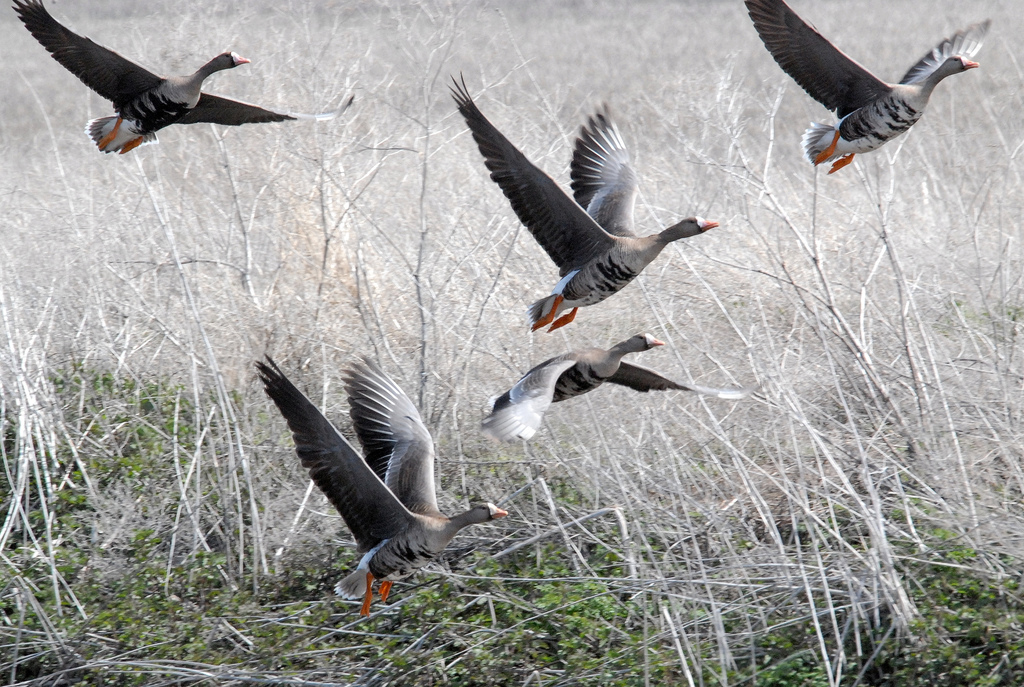Nature-based farming key to address climate and biodiversity emergency

October 23rd, 2019
Agricultural fields with greater biodiversity are better protected from harmful insects, promote natural pollination and produce higher yields, a new international study has found.
The new study published in Science Advances analysed the value of ecosystem services at almost 1,500 agricultural fields across the globe, including cornfields in America, coffee plantations in India and oil-seed rape here at home in Ireland.
The scientific team, including ecologists and biologists from Trinity College Dublin (TCD) and University College Dublin (UCD), analysed the role of pollination services provided by wild insects as well as biological pest control service at the sites.
TCD’s Professor Jane Stout, a co-author of the study, said that the Irish analysis for the study revealed a 30 per cent drop in oil-seed rape yield when pollinators were not present.
“Given that Irish bees are in decline in the Irish countryside, this could limit overall productivity,” she warned. “In order to bring back biodiversity on farmland, and to ensure maximum current and future yields, we must maintain and increase diversity in our farmed landscapes.”
Overall, the study found that landscapes with greater variation in crops, hedges, trees, and meadows have more abundant and diverse populations of wild pollinators and beneficial insects that in turn can increase crop yield.
Conversely, the study found that monoculture systems cause a loss of “pollinator richness”, particularly worrying when natural predator diversity is lost, opening up crops to pests and disease.
As a result of the overall study findings, the researchers recommend that healthy environments be maintained through biodiversity and by diversifying crops and landscapes as much as possible.
Matteo Dainese, a biologist at Eurac Research and lead author, said that the study makes it clear that biodiversity is “essential to ensure the provision of ecosystem services and to maintain a high and stable agricultural production”.
Irish co-author and assistant professor at UCD, Dara Stanley, said that the findings have come at the right moment as the EU deliberates over the next iteration of the Common Agricultural Policy. “[The study] provides more evidence that biodiversity needs to be a key part of sustainable agricultural production going forward,” he said.
CAP4Nature
CAP payments account for over one-third of the EU budget, and it is currently proposed that the next round of payments will include more payments for protection of natural resources, conservation of biodiversity and measures to address climate change.
This morning, a group of Irish ecologists released a set of six ecological principles that they say can be incorporated into the new national strategic plan for CAP implementation.
This, they say, will have the dual benefit of enhancing farmers’ livelihoods while also ensuring greater biodiversity protection in a sector that currently has a largely negative impact on nature.
A recent assessment of EU-protected habitats and species by the National Parks and Wildlife Service found that 85 per cent of habitats are in an unfavourable status, largely as a result of intensive agricultural practices.
This is despite an investment of over €1.1 billion on biodiversity measures between 2010 and 2015 from the Department of Agriculture, Food and the Marine.
The six CAP4Nature principles include an understanding that biodiversity underpins the sustainable delivery of multiple ecosystem services, including food production.
The CAP4Nature grouping also calls for long-term planning to ensure adequate support for natural processes that deliver beneficial ecosystem services, as well as a need to strengthen grassroots links between consumers, producers, and nature.
The principles also call for an understanding that ecosystems are varied and that any targeted interventions need to be adapted to the specific conditions of the ecosystem in question. At present, CAP payments for ecosystem services essentially follow a one size fits all approach, despite the varied nature of the Irish landscape and farm systems.
The chair of the National Biodiversity Forum, Professor Yvonne Buckley, said that the CAP Strategic Plan will now give our Government a “unique opportunity” to embed ecological principles into the farming landscape while also improving farmers’ livelihoods.
“Farmed land such as cereal fields, pastures, grazed peatlands and forestry can all be managed to produce more benefits for people than just food and timber. Clean water, flood mitigation, pest management, pollination, carbon storage, soil health, and wildlife can all be delivered on the family farm,” she wrote in The Green News this morning.
“Better linkage of farm payments to the multiple benefits produced by well-managed farmland can help provide win-win solutions for biodiversity, climate and farm incomes.”







